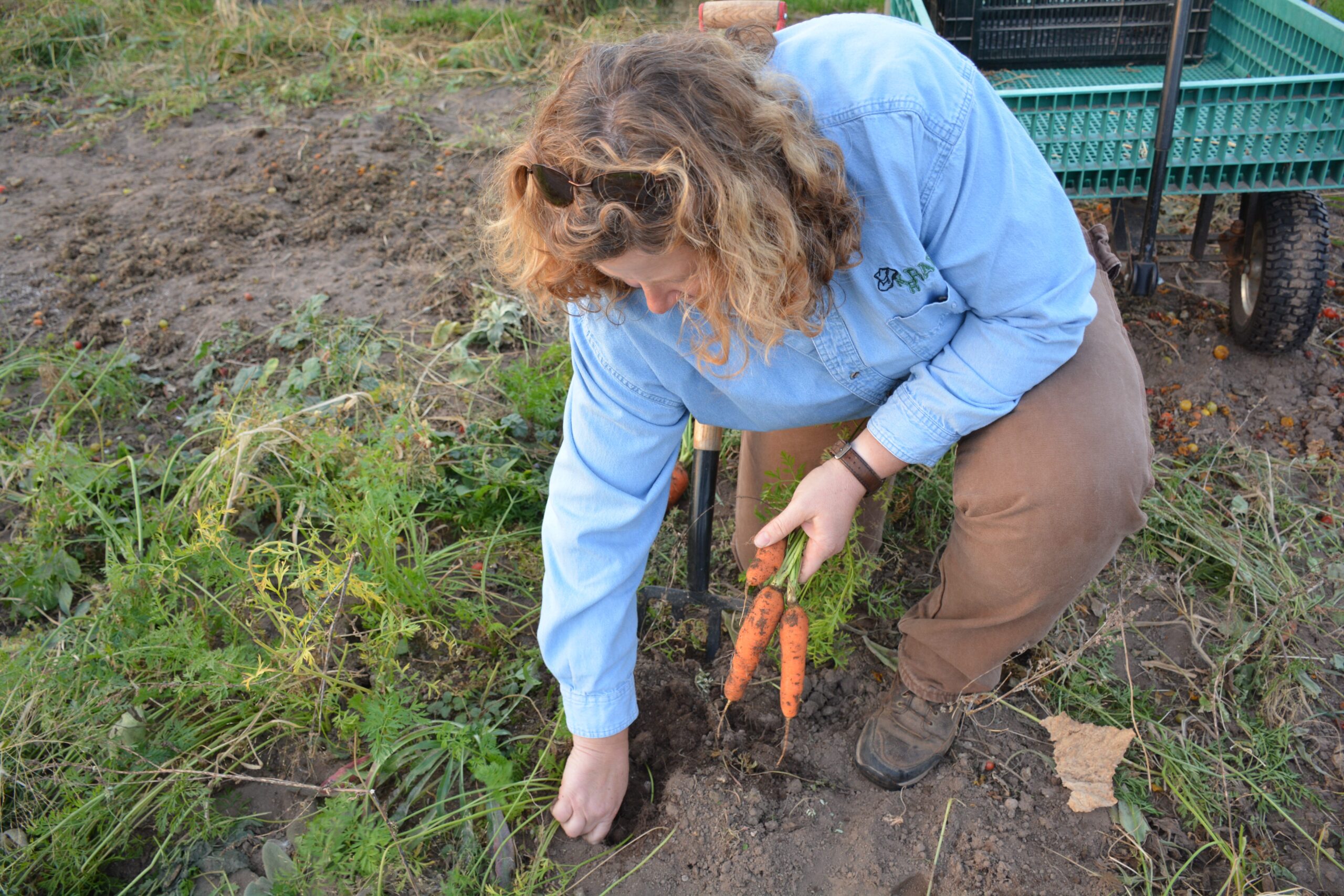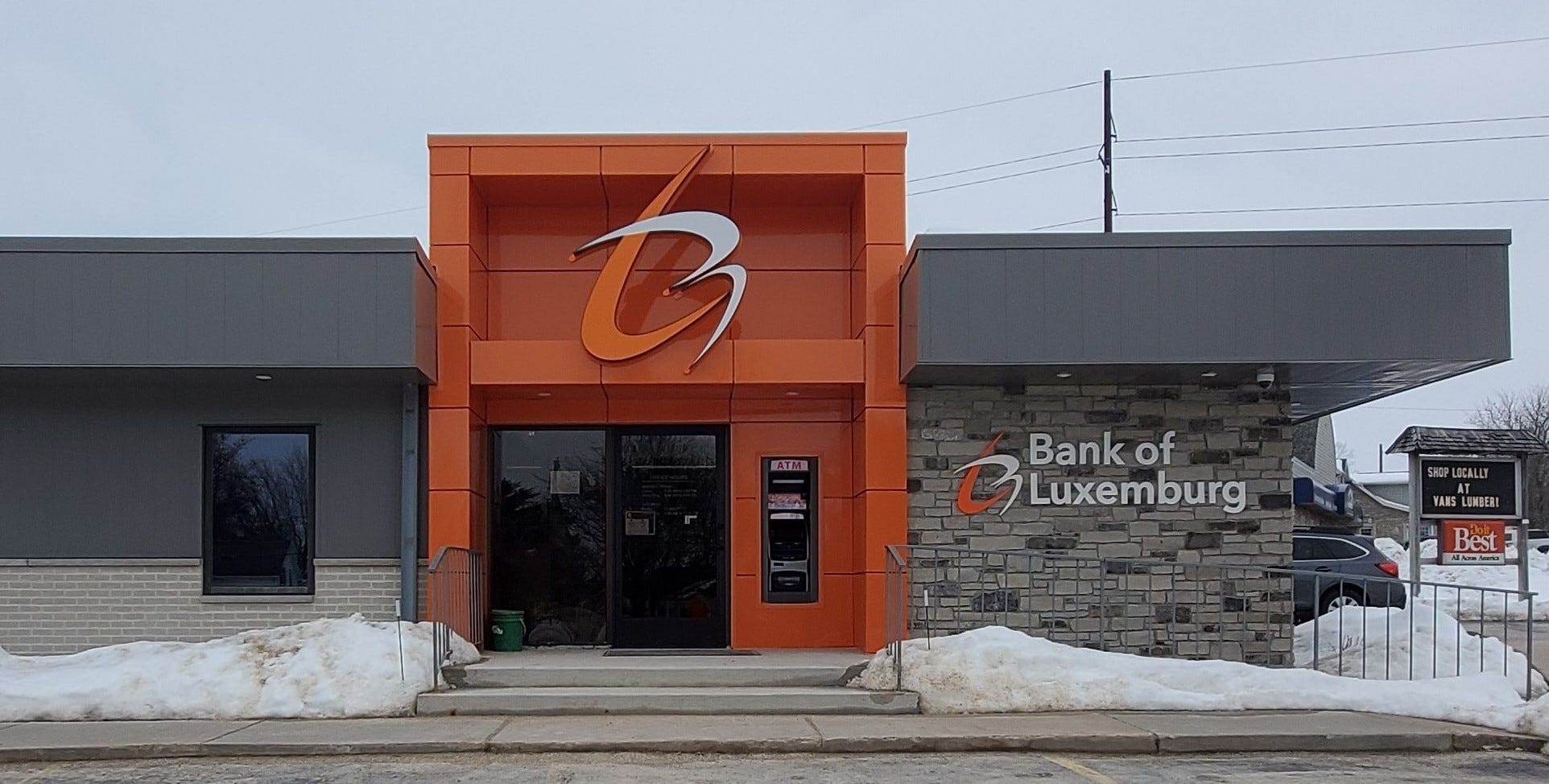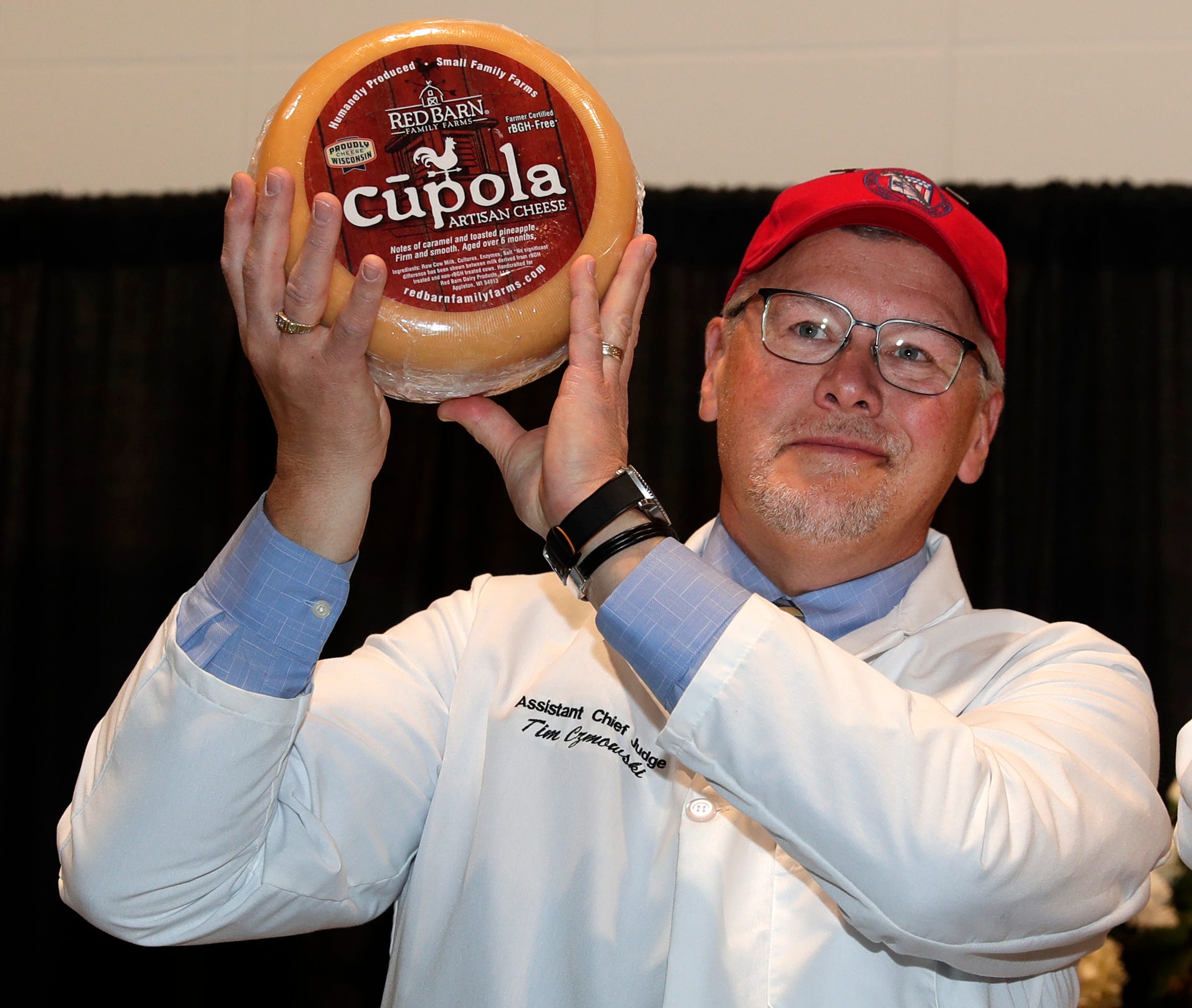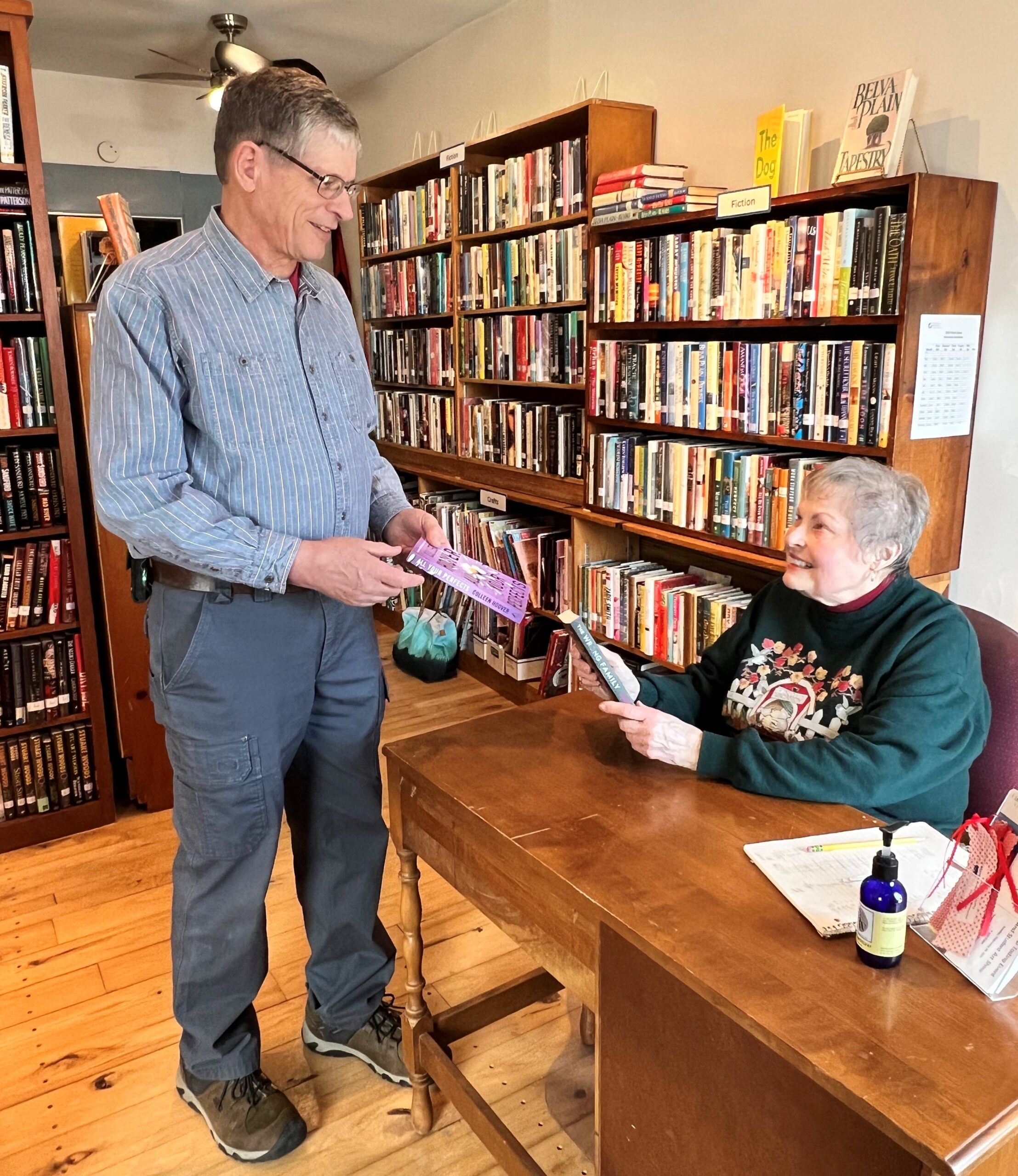Sevcik’s passion for farming calls her back

In Wisconsin, more than 7,300 farms are operated by a woman as the principal operator, according to statistics from the National Agricultural Statistics Service.
The number of farm operations headed by a female farmer includes 66 farms in Kewaunee County, 95 farms in Door County and 130 farms in Brown County, according to the USDA statistics service report.

“The face of farming is changing,” says Jodi Parins of the Rural Enterprise Network. Women make up one of the fastest growing groups of new farmers nationally, she said.
Suzi Sevcik of Sleepy Hollow Farm and CSA (community supported agriculture) in West Kewaunee is one of those farmers. Although she grew up only eight miles away on a dairy farm, she says she didn’t aspire to become a farmer..
After graduating from Kewaunee High School in 1989, she went to college at the University of Wisconsin-Stevens Point and majored in health promotion and wellness. Returning to Green Bay, she worked for her brother’s computer company for several years, bought a house in Green Bay and then moved on to a job in sales at Infiniti Technology.
But after almost a decade in the city, she missed rural life.
“Just sitting on the deck of the farm and watching the sunset is enough for me now,” she said, adding that she realized “what a passion I have for the land.”
So in 2004, she moved to five acres with a house and barn on Sleepy Hollow Road in southwest Kewaunee County. Sevcik was happy just to be back in a rural atmosphere, but in 2011, 29 acres owned by her neighbors came for sale. The parcel included 12 acres of hay, 10 acres of woods and 7 acres in a conservation program as well as a segment of Tisch Mills Creek.


She and her partner, Kelly Rortvedt, who runs the farm’s equestrian operations, had five horses in the barn and the promise of hay fields alone was enough to entice them to buy the land.
“No one wants to make small bales of hay for a few horses around here,’ she said. She said that the equestrian part of their operation is primarily geared to trail riding.
“We are not a show barn,” she said.
The increased acreage also gave Sevcik the opportunity to start a community-supported agriculture enterprise. Under a CSA, shareholders pay a farmer in the spring for a share of the farmer’s crop, which usually includes a variety of vegetables and fruits that are harvested in the summer and fall. In her first year, Sevcik had 12 customers.
“CSAs are a great way to go because you get the money up front for seed and supplies,” she said.
She grew a variety of vegetables, including lettuce, carrots, peas, cucumbers, beans, peppers, cabbage and a vegetable known as kohlrabi, which is cousin to the cabbage. She also learned that the soil in the garden plot was particularly good for garlic.
“It is a healthy herb and just seemed to thrive in our soil,” she said, noting that the garlic is planted in the fall, germinates through the winter and is harvested the following August.
This summer, her CSA grew to 24 shareholders and she shipped an additional 45 pounds of garlic to a farm in Colorado. Sevcik said that she is hoping to increase her garlic crop and make it a larger income producer for the farm.
“Most of the garlic you buy in grocery stores has been grown in China and sometimes arrives in the United States via India,” said Sevcik, adding that her local customers also really appreciated the home-grown garlic, which has a shelf life of 3 to 9 months, depending on the variety.
Sevcik said that she has learned how important good neighbors are to a fledgling farm operation.
“My grandmother Loraine Sevcik, who is now in her 90s, used to say that ‘good neighbors are better than family,’ ” she says.
One of her neighbors is Duane and Kathy Ducat of Deer Run Dairy, who operate a 1,250-head dairy farm across the road. When Sevcik’s tractor broke down during planting a few years ago, the Ducats lent her a tractor. They are also one of the shareholders in her CSA.
In 2012, in the midst of a summer drought, it was neighbors Leonard and Alvin Churney who rigged a pump from one of their ponds to help water the vegetable garden.
“Good neighbors and a variety of products and animals are key to successful farming,” she said. “Without good neighbors, we won’t be here.”
Because the farm boards horses, has a hay crop and grows a variety of vegetables, Sevcik says that “if the garlic has a bad year, you aren’t doomed, if you have other crops and animals to fall back on.”
She says that her goal is to make the farm financially sustainable so that she can semi-retire there.
Co-chair of the food committee for Farm Technology Days 2017 in Kewaunee County, Sevcik said that one of her goals on the committee is to offer as much locally grown food as possible at the event, which is expected to draw from 35,000 to 50,000 people over three days.
Although she said she won’t go through the six-year process to have her farm certified as organic, she doesn’t use any herbicides or pesticides on her crop and the soil is fertilized solely with horse manure from the farm.
“That was another benefit of buying the additional acreage,” she says. “We stack our manure at the barn and only have to move it once a year to the fields.”
Sevcik said that her parents, Mike and Jean, still help her with her farming.
“I talk to my dad every day and ask him about the hay or how to fix this or that,” she said. “My mom comes over and helps me clean the vegetables.”
Sevcik said that being a woman farmer hasn’t made much of a difference.
“I grew up here, and that helps … most of the people here I either went to school with or I know their families,” she said. “I’ve had no issues.”
This article originally appeared on Green Bay Press Gazette: Sevcik's passion for farming calls her back






